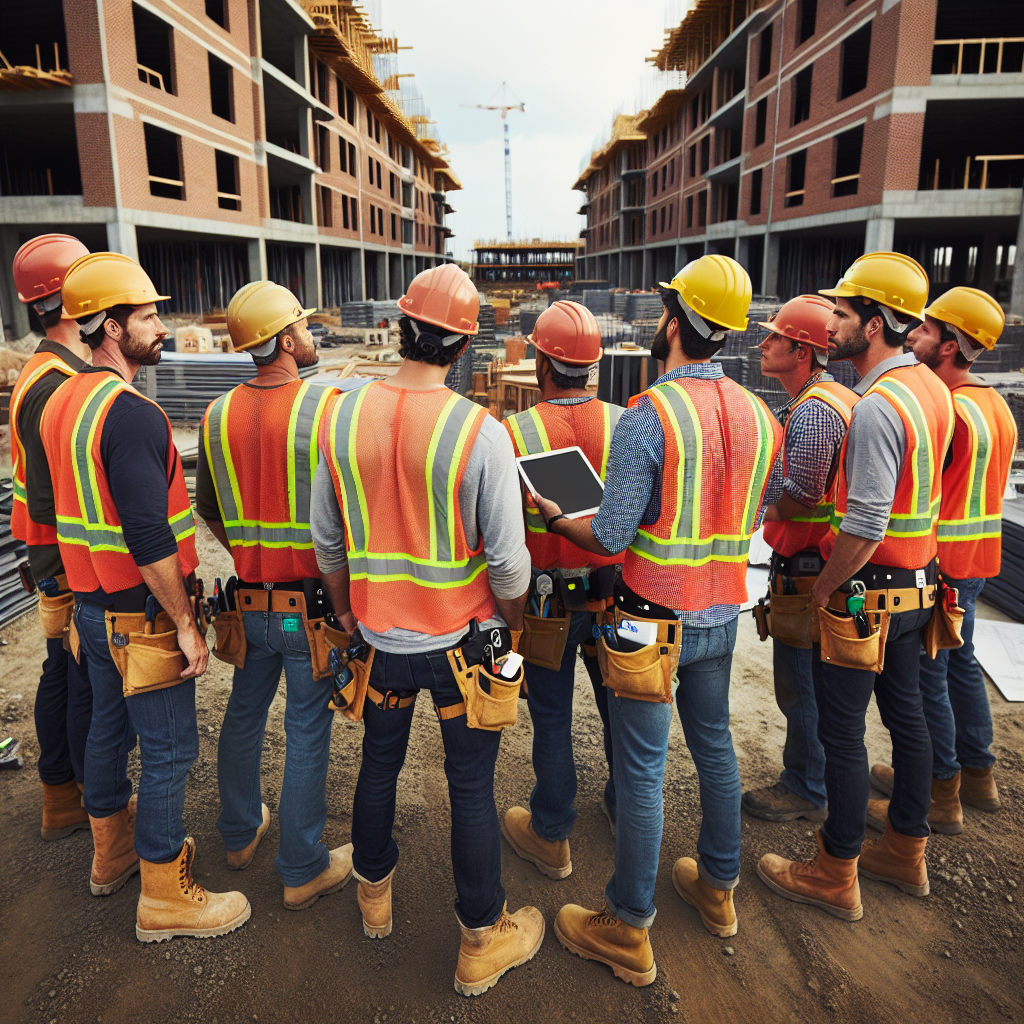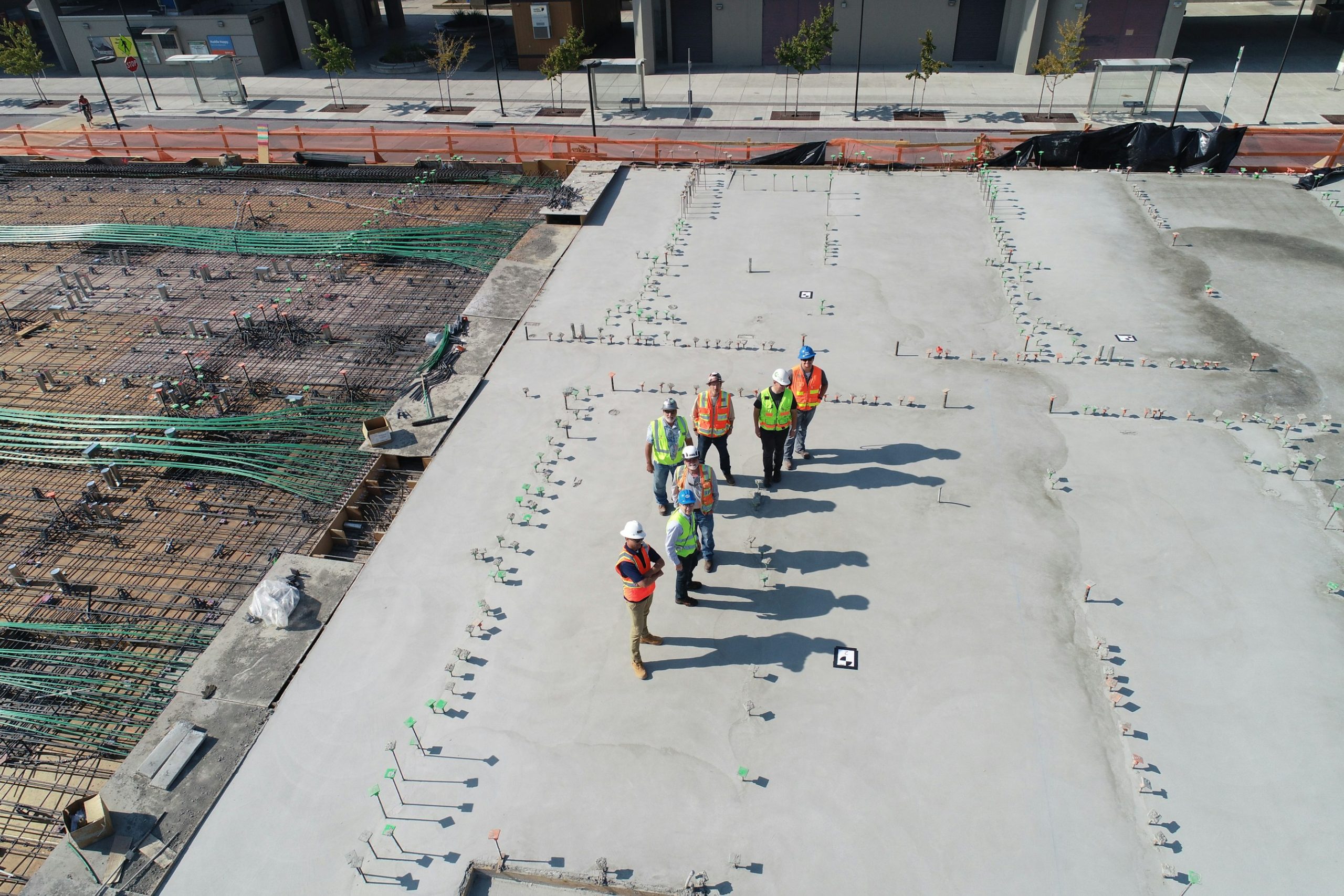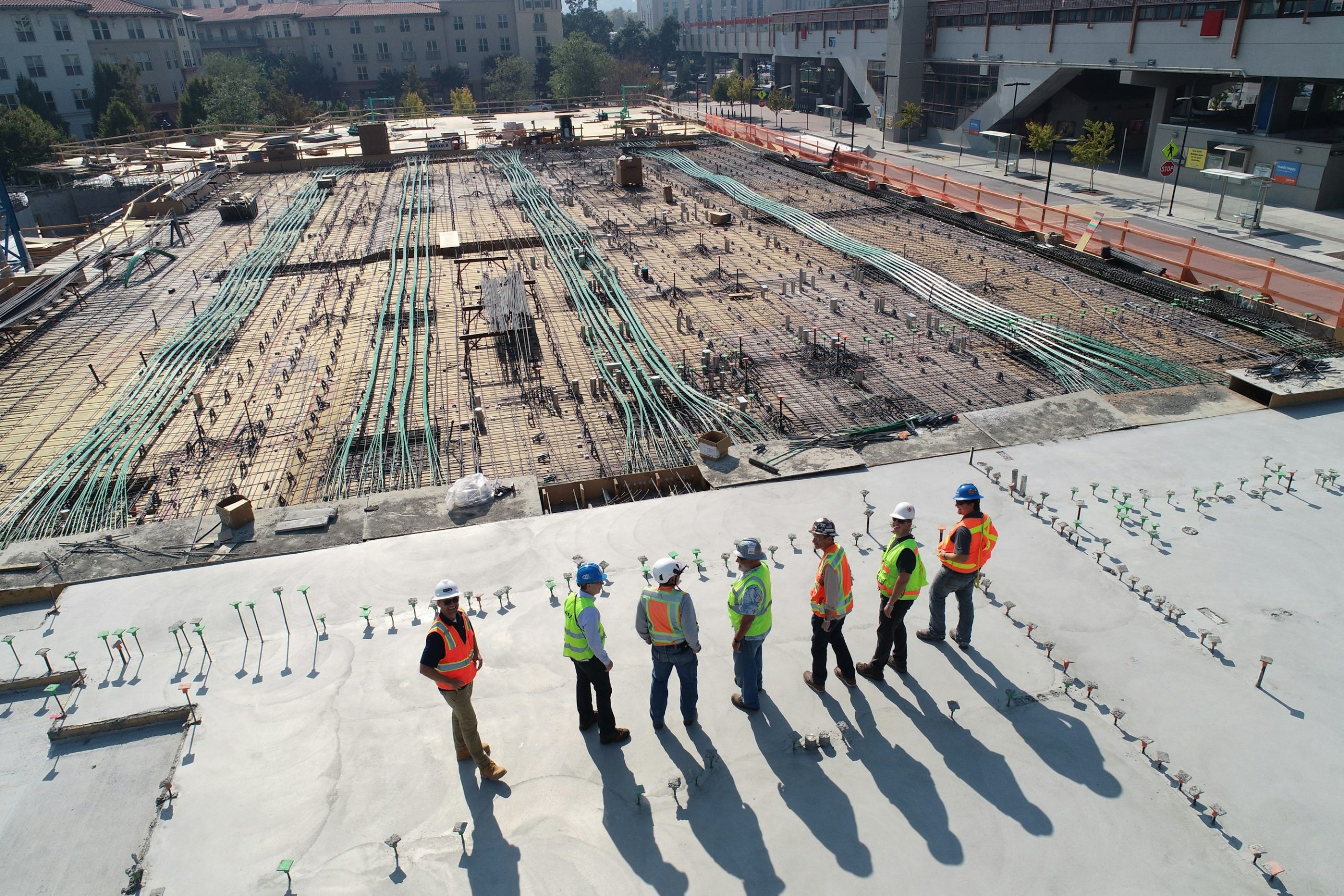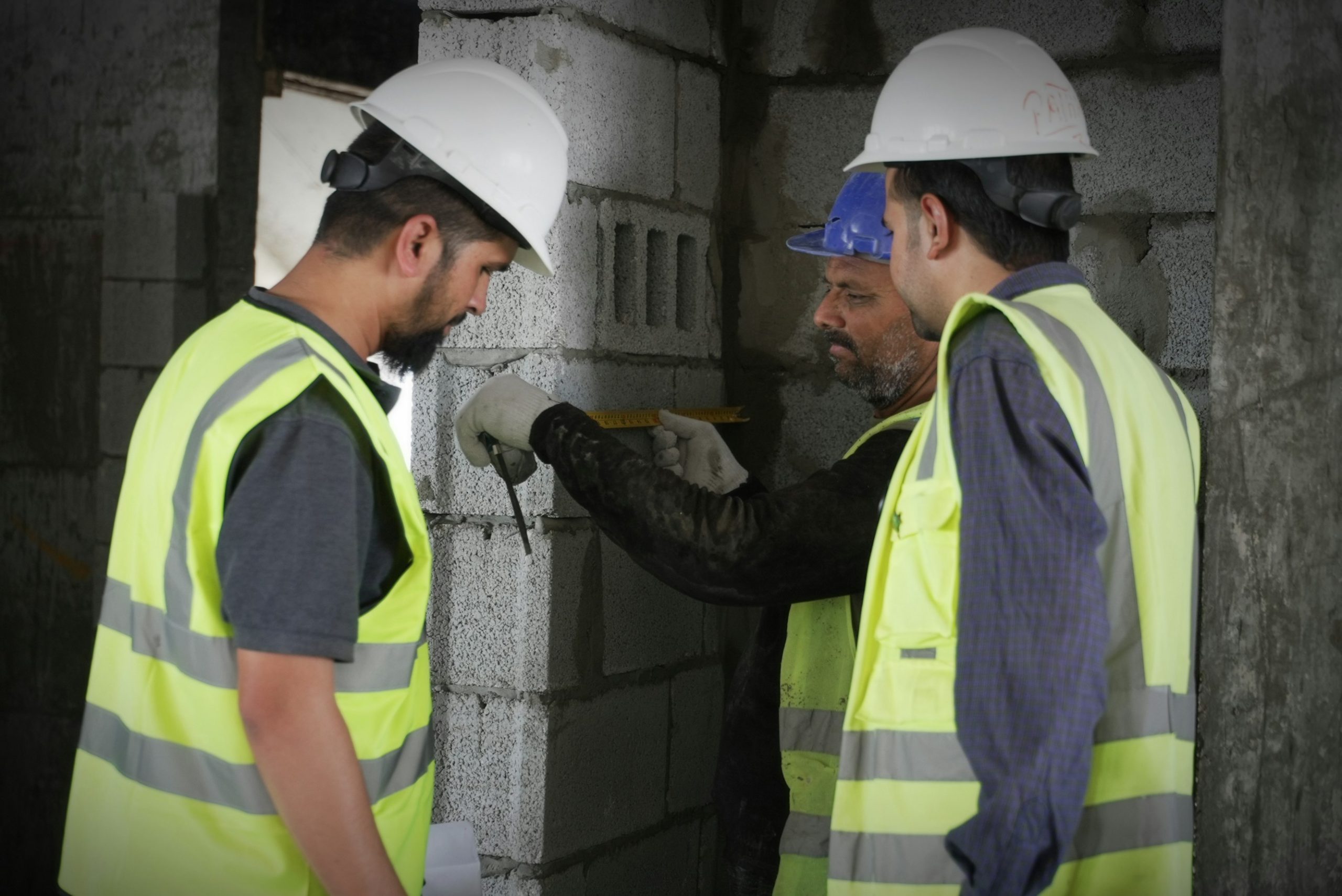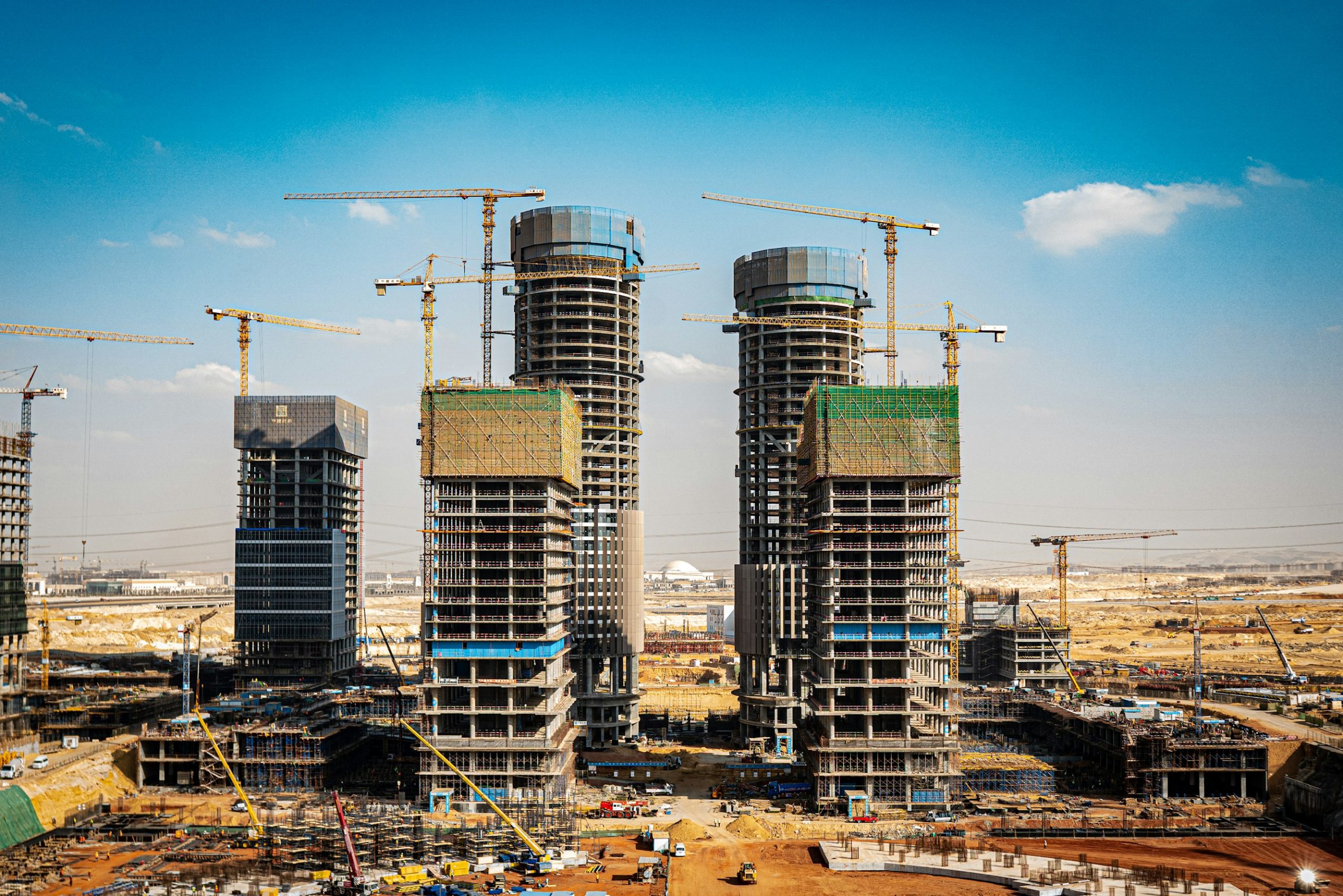How AI is Shaping the Future of Prefabrication in Construction
The construction industry is undergoing a significant transformation driven by technology, particularly through the integration of AI in construction. As prefabrication becomes more prevalent, AI technologies are enhancing efficiency, reducing errors, and optimizing various stages of the construction process. This blog post dives into the key concepts, benefits, best practices, and innovations surrounding AI in the realm of prefabrication, and explores how Zepth’s construction project management software is at the forefront of these advancements.
Key Concepts and Technologies
Artificial Intelligence (AI) and Machine Learning
AI is revolutionizing the prefabrication sector by enabling smarter decisions and improving processes. AI tools can analyze vast amounts of data to optimize designs, identify potential issues, and streamline operations. This leads to significant time and cost savings, fundamentally changing the way construction projects are managed. By employing AI-powered project management solutions, construction companies can gain insights that enhance decision-making, improve project tracking, and enhance overall efficiency.
Building Information Modeling (BIM)
Integrating BIM (Building Information Modeling) with AI is crucial for modern prefabrication. BIM provides architects and engineers with tools to optimize designs with prefabrication in mind, while AI elevates this process by analyzing multiple design options and optimizing inventory management. This synergy not only reduces material waste but also enhances the coordination across various phases of construction, ensuring that projects run smoothly.
Digital Twins
Digital twins represent a groundbreaking advancement in the construction industry. These virtual replicas allow stakeholders to monitor and analyze the performance of mechanical, electrical, and plumbing systems in real time. Utilizing digital twins enables proactive decision-making by predicting potential issues before they arise, thus improving project outcomes and facilitating more efficient project lifecycle management.
Benefits of AI in Prefabrication
Increased Efficiency
AI streamlines various construction processes by optimizing project schedules, resource allocation, and logistics. With the help of construction project tracking software, real-time monitoring and adjustments become effortless, leading to faster completion times and reduced labor costs. Moreover, AI tools assist in predicting project variables, ensuring better preparedness in project execution.
Improved Quality
Quality assurance is a critical aspect of prefabrication. AI-driven solutions automate quality control checks that detect defects and errors during manufacturing and assembly. This proactive quality management ensures that prefabricated components adhere to standards and specifications, minimizing potential rework and maximizing project quality.
Cost Savings
Through optimized material usage, labor efficiency, and waste reduction, AI plays a pivotal role in decreasing overall project expenses. By predicting required materials and quantities, AI helps construction companies manage their budgets more effectively. This, in turn, boosts profitability for stakeholders involved.
Sustainability
AI technologies support sustainable practices by evaluating designs for environmental impact and energy efficiency. By optimizing for sustainable materials and processes, AI contributes to creating eco-friendly buildings. This aligns with the broader push within the construction industry for sustainable construction management, resulting in projects that are not only cost-effective but also environmentally conscious.
Improved Safety
The integration of AI with robotics in prefabrication significantly enhances safety on job sites. Smart robots equipped with sensors can accurately assemble prefabricated components, thus reducing human error and workplace accidents. This automation fosters a safer work environment and enhances labor efficiency in the assembly processes.
Use Cases and Best Practices
Design Optimization
To maximize the benefits of prefabrication, companies must integrate AI into their BIM processes for design optimization. AI can analyze various design alternatives and suggest the most efficient and cost-effective solutions tailored to manufacturing requirements. By leveraging BIM integration, companies can ensure enhanced prefabrication planning and improved assembly timelines.
Automated Quality Control
Implementing AI-driven solutions for quality management is paramount. Companies should adopt systems that conduct real-time quality control checks during the manufacturing and assembly phases. Such automation will ensure that defects are detected promptly, ultimately leading to enhanced building quality.
Predictive Maintenance
AI’s role in predictive maintenance enhances workflow continuity by anticipating equipment failures. This forward-thinking approach allows for timely maintenance actions and efficient resource management, minimizing downtime and ensuring that projects stay on track.
Logistics Optimization
Logistics is key to the success of prefabrication. AI can forecast deliveries, troubleshoot transportation challenges, and optimize the arrangement of prefabricated components on transportation vehicles. This not only streamlines transportation and assembly but also reduces costs related to storage and logistics.
Emerging Innovations
Integration with Robotics
Advancements in robotics, powered by AI, are revolutionizing modular construction. Robots facilitate accurate and efficient manufacturing and assembly processes, leading to reduced labor costs and fewer errors. This trend exemplifies how technology is reshaping the construction landscape.
Intelligent Risk Management
The amalgamation of AI and digital twins is fostering intelligent risk management in construction. By anticipating and neutralizing potential risks, this integration promotes resilience and continuous improvement in construction projects.
Enhanced Communication and Collaboration
AI also plays a role in refining communication and collaboration among project stakeholders. Platforms like Zepth Mail enhance project communications by linking messages directly to relevant activities, thereby improving project coordination. This ability to facilitate seamless communication is critical in today’s fast-paced construction environment.
Role of Zepth in Prefabrication
Zepth’s construction project management software drives efficiency in modular construction through its AI-powered solutions. Here are several key contributions Zepth provides to the prefabrication landscape:
- Accelerated Project Delivery: Zepth’s project management systems streamline workflows, expediting project completion and ensuring real-time tracking.
- Error Reduction and Quality Control: Utilizing AI tools, Zepth automates quality control checks, detecting errors before they escalate into costly issues.
- Design Optimization through BIM Integration: The integration of Zepth with BIM ensures more effective design planning and organization of prefabricated components.
- Improved Communication and Collaboration: Zepth features enhance communication by streamlining project messages, contributing to improved cooperation across teams.
As construction companies embrace the advancements ushered in by AI and technologies like those provided by Zepth, they stand to significantly enhance the efficiency, sustainability, and overall success of their prefabrication projects.
